Visiting the Forbidden City has always been a dream of mine. When I finally set foot in this vast palace complex nestled in the heart of Beijing, I felt like I was walking through a timeless corridor of Chinese history. The grandeur of the imperial architecture, the elegantly carved wooden beams, and the profound sense of legacy enveloped me completely. This palace was not only home to emperors but a treasure trove of culture and tradition that spans centuries.
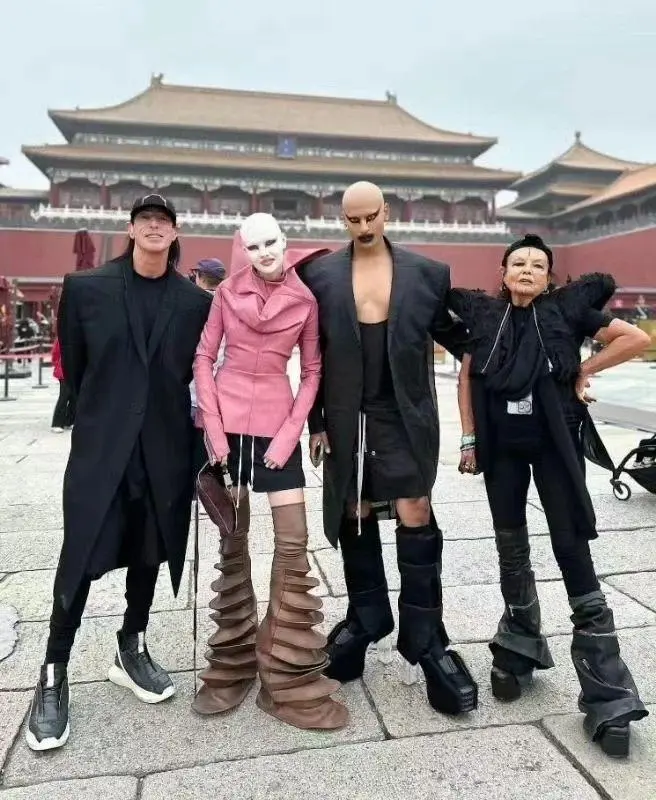
My visit came shortly after an unexpected controversy that swept across social media when the famous U.S. designer Rick Owens and his team were asked to alter their outfits by security personnel inside the Forbidden City. Known for his Gothic dark aesthetics, Owens’ visit sparked lively discussions online about cultural respect and protocol at heritage sites.
As I wandered deeper into the palace grounds, every courtyard and hall told a story. The red walls and golden roofs glistened under the sunlight, merging history with striking visual beauty. The Forbidden City is a living museum where every detail, from painted dragons to stone lions, carries symbolic meaning. I found myself imagining the life of Qing dynasty emperors and their court.
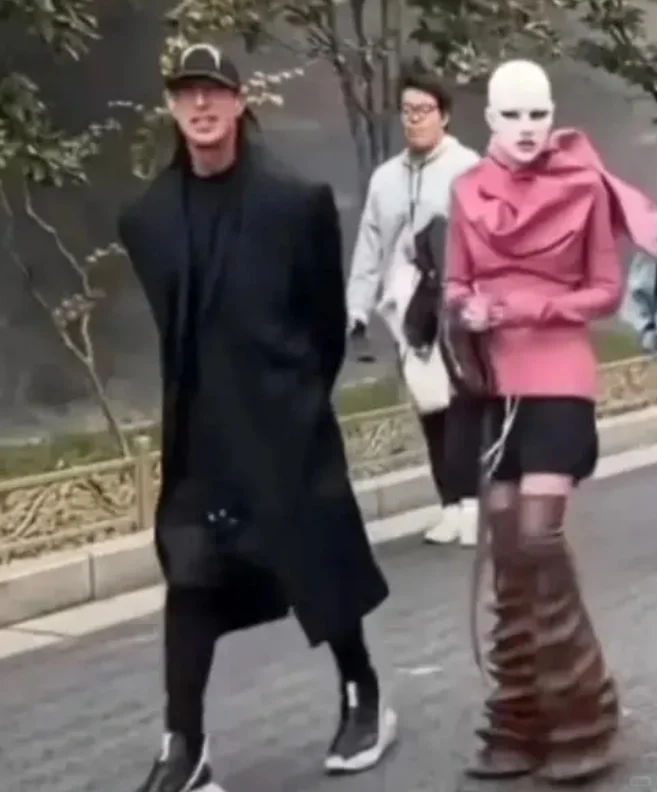
Midway through my visit, the issue of visitor dress code came to mind again. It reminded me how important cultural sensitivity is when visiting places with immense historical significance. This was a sentiment echoed by many Xiaohongshu users, whose detailed posts reflected both fascination and respect for the palace. I paused at a quiet pavilion to browse some of their shared photos, soaking in their sincere impressions of the place.
Each section of the Forbidden City seemed like stepping into a different chapter of Chinese imperial history. I particularly enjoyed the Hall of Supreme Harmony, the largest wooden structure in China, where emperors once held court. Seeing the massive throne, adorned with dragon motifs, made me feel the weight of authority and ritual that once defined this place.
Nearby, the smaller imperial gardens provided a calming contrast. These spaces with their delicate ponds, rockeries, and fragrant flowers offered a glimpse into the private moments of palace life. It was easy to forget the controversies surrounding visitor conduct when immersed in such serene beauty.
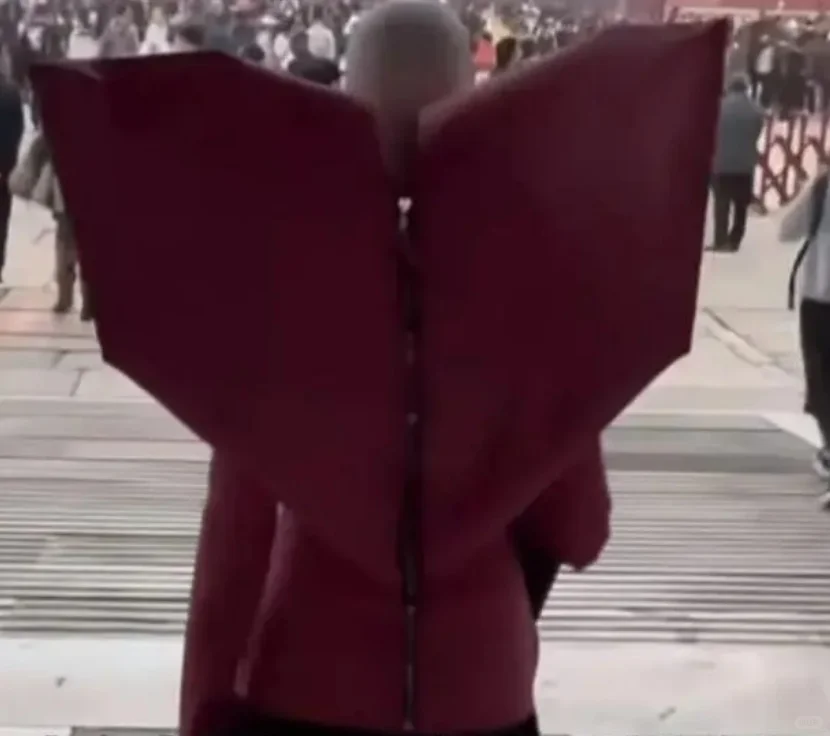
For those interested in Chinese art and history, the palace offers detailed exhibitions and collections of centuries-old artifacts. These displays deepen the understanding of the dynasties that shaped China’s culture and politics. Official guidance and literature at the site help visitors appreciate its layered historical significance.
The event with Rick Owens served as a powerful reminder of how cultural heritage sites enforce specific protocols to preserve their dignity. My experience mirrored many Xiaohongshu posts that emphasize respect for local customs alongside awe for the monumental architecture. I felt a strong connection with those voices, grounding my own impressions in this communal cultural consciousness.
Throughout my visit, security personnel maintained a respectful and helpful presence, guiding guests while safeguarding the delicate environment. It became clear to me that such measures, while sometimes restrictive, aim to protect the legacy that defines this magnificent landmark. According to the South China Morning Post, these policies have sparked debate but underscore the care that goes into managing world heritage.
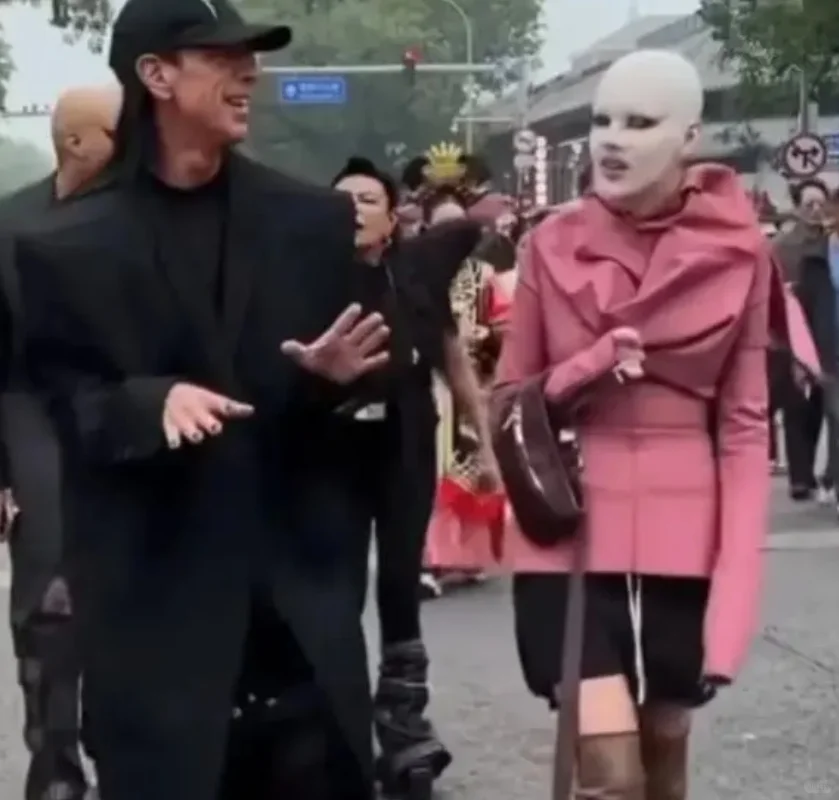
For anyone planning to visit, I recommend learning about the site’s rules and history beforehand. This enhances the experience and shows courtesy towards a culture that holds its past in deep regard. If you are interested, our comprehensive guide to ancient Chinese palaces offers great background information to enrich your trip.
My visit lasted nearly four hours, a perfect amount of time to explore without rushing. Here’s what helped make the day enjoyable and smooth:
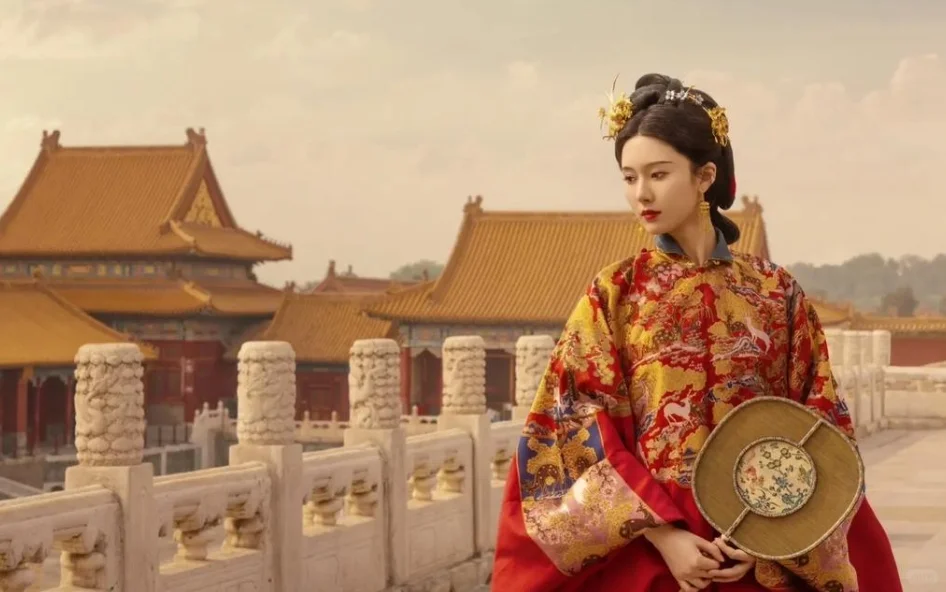
For deeper insights into Chinese palace architecture, the Palace of Versailles website offers an informative comparative perspective on royal residences worldwide, highlighting the craftsmanship that defines such cultural icons.
Reflecting on my day at the Forbidden City, I am grateful for the chance to walk through a place where tradition and history echo in every corner. While the recent controversy brought attention to visitor conduct, my experience reaffirmed the importance of respectful engagement with heritage sites. I felt a profound appreciation for the cultural significance that the palace holds not only for China but for the world.
If you are drawn to history, architecture, or simply wish to experience the heartbeat of Beijing’s imperial past, the Forbidden City is an unforgettable destination. The intricate balance between preserving cultural heritage and welcoming visitors ensures future generations can feel this connection too.
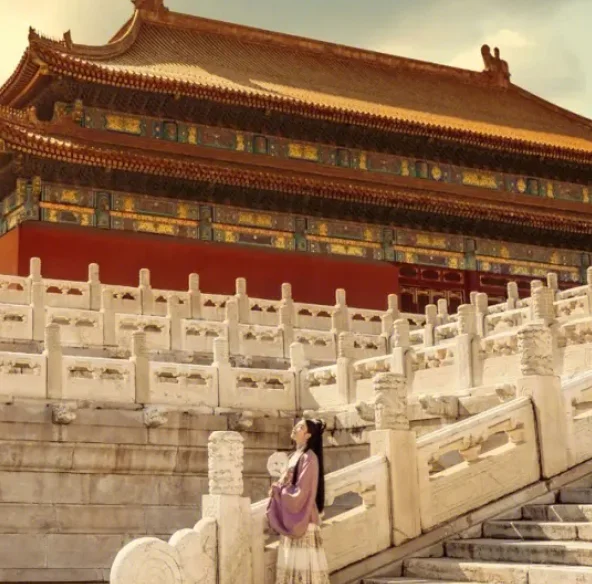
Before you plan your visit, I suggest taking time to familiarize yourself with the palace’s customs and history. Our Beijing attractions guide is a great starting point to map out an enriching itinerary.
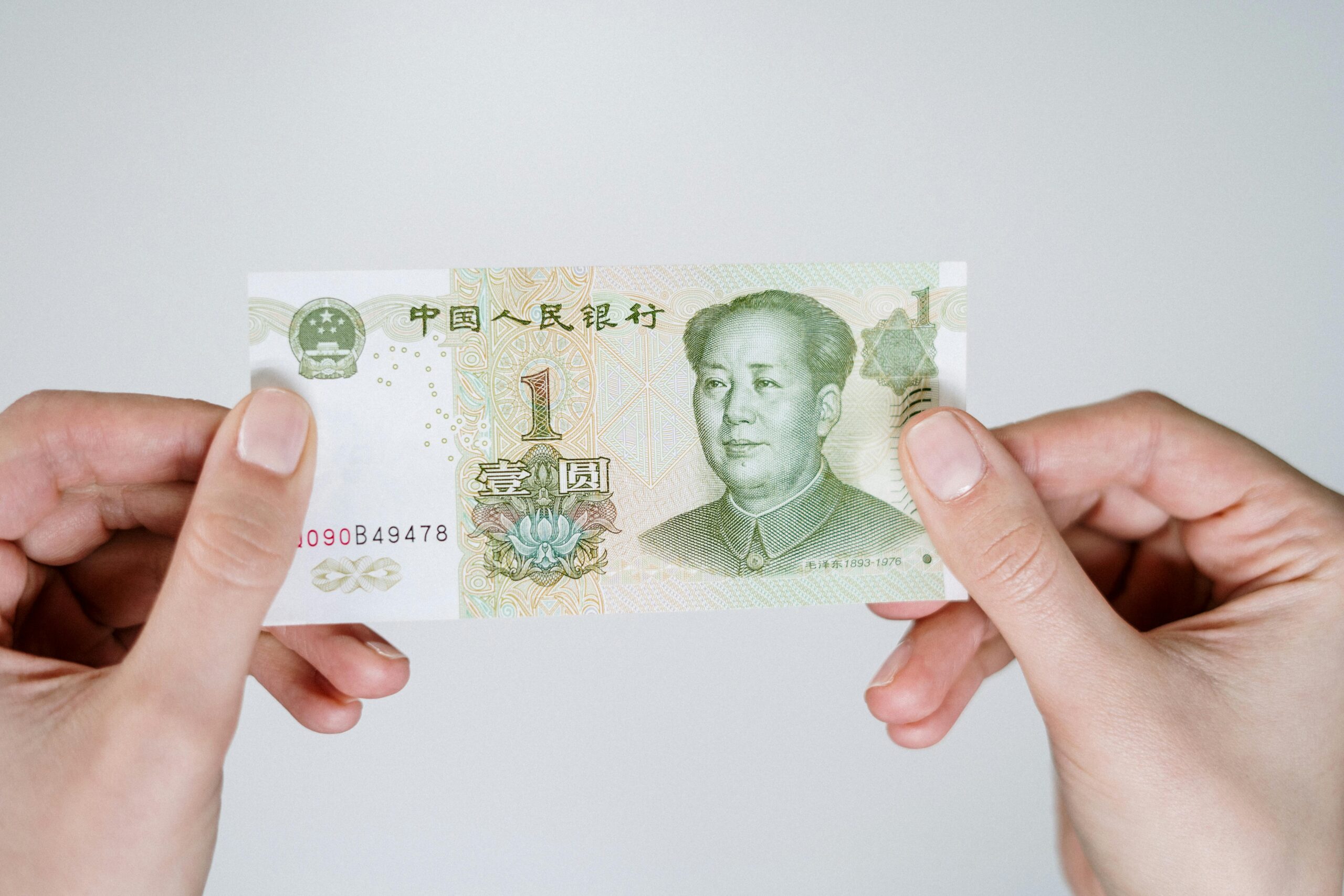
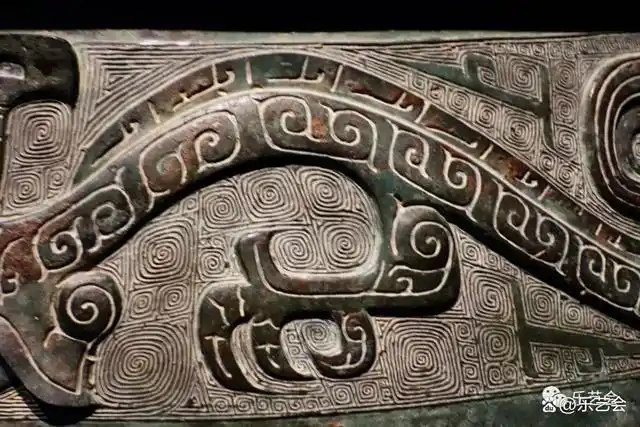
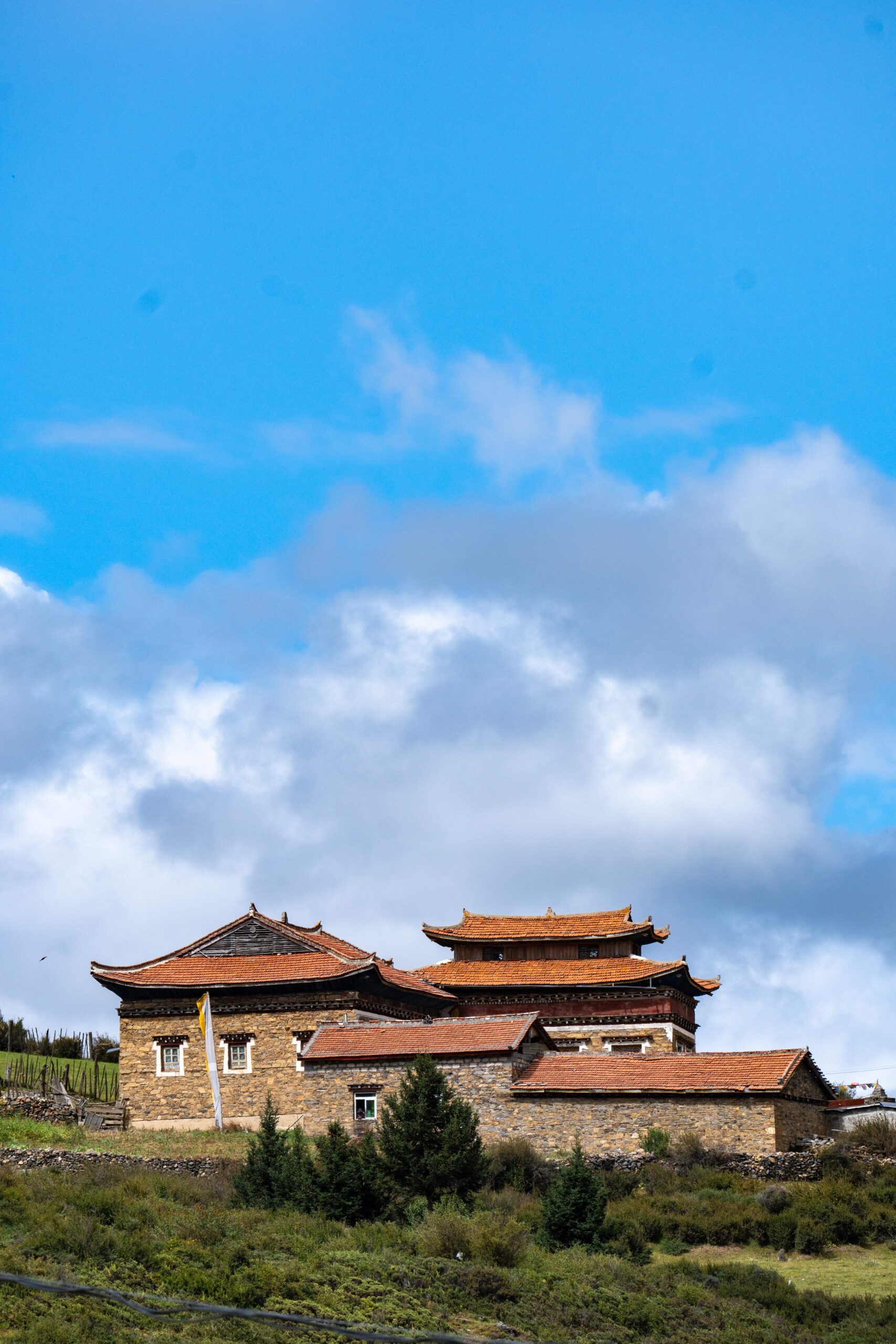
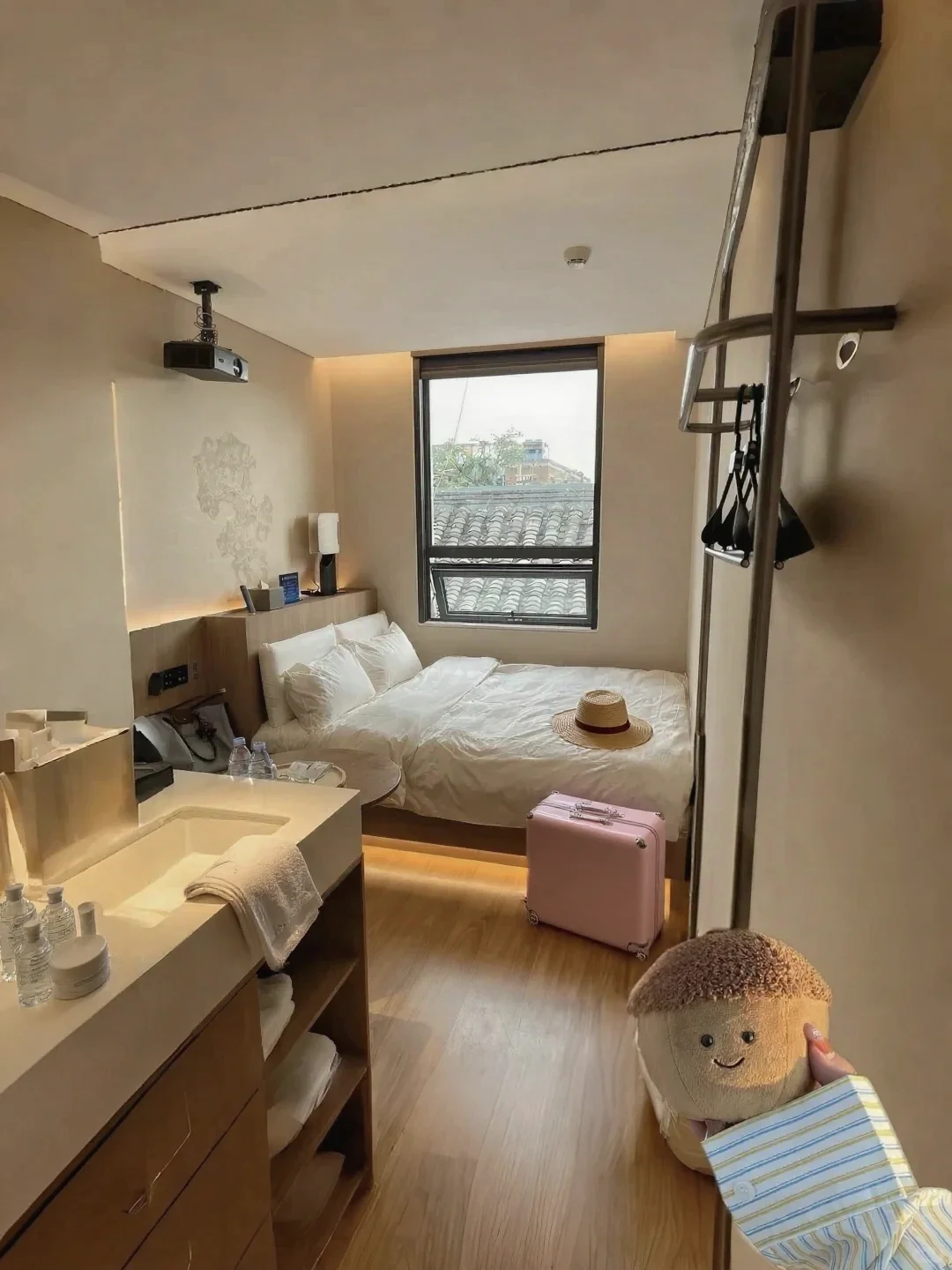
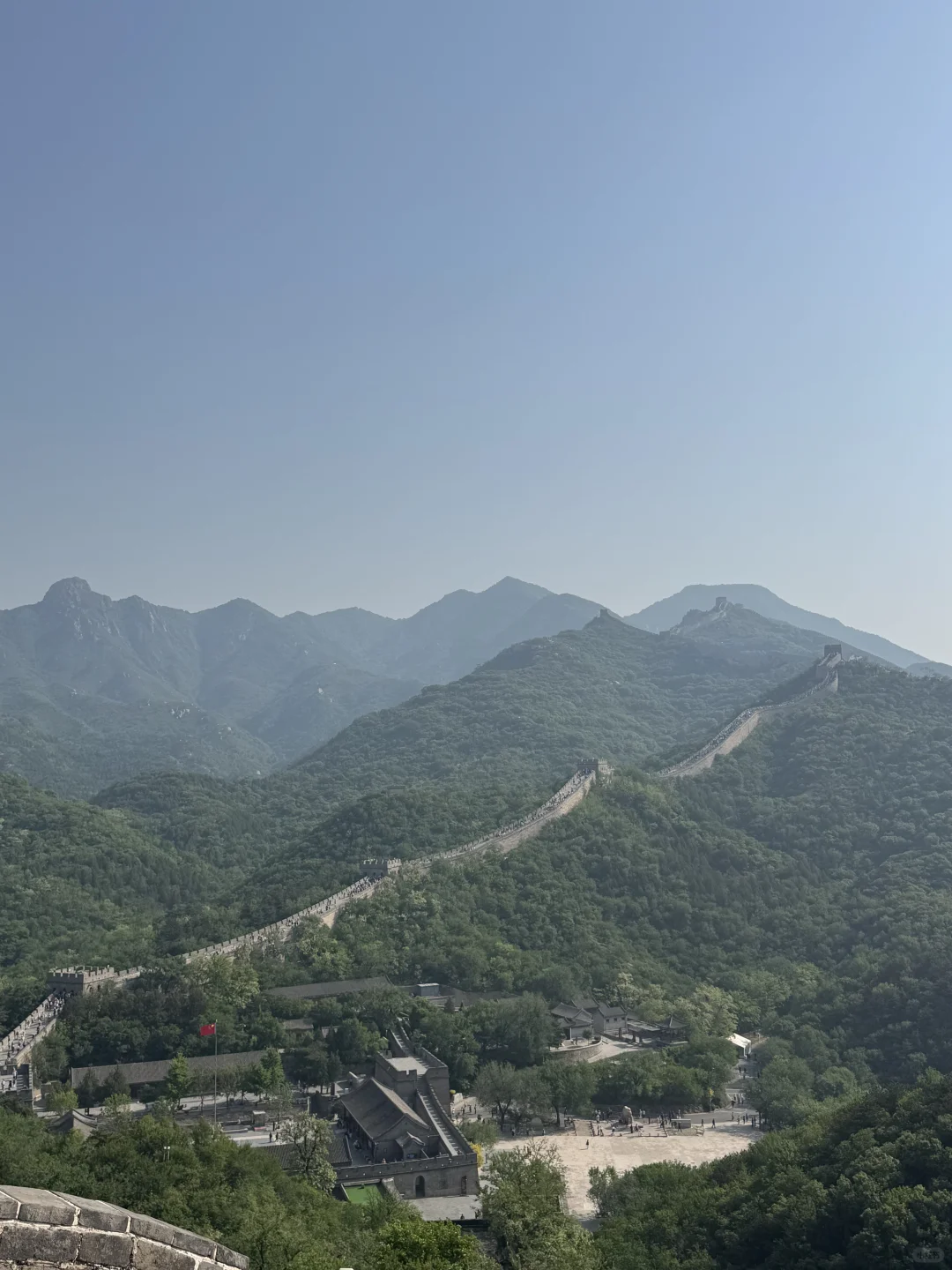
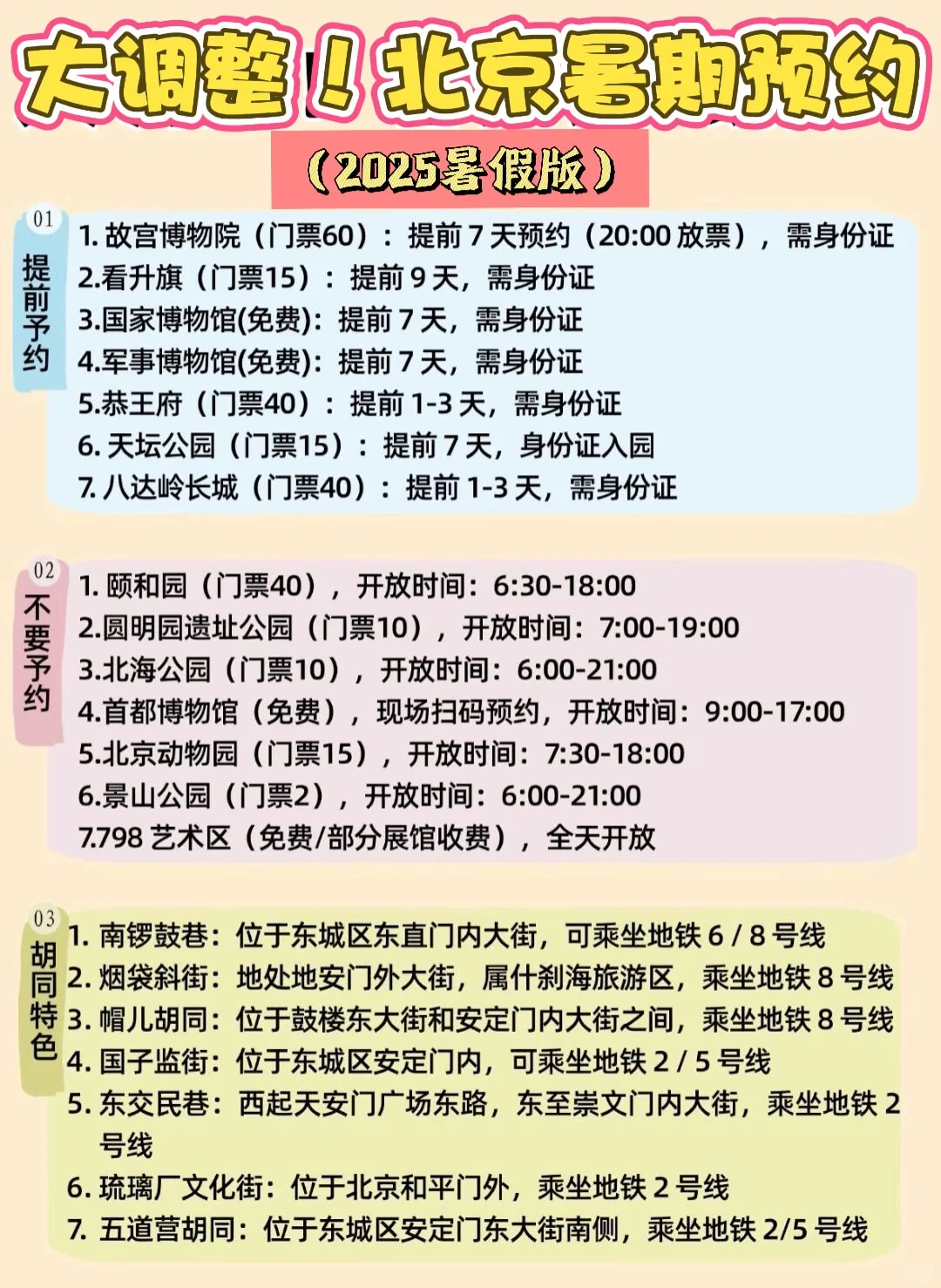
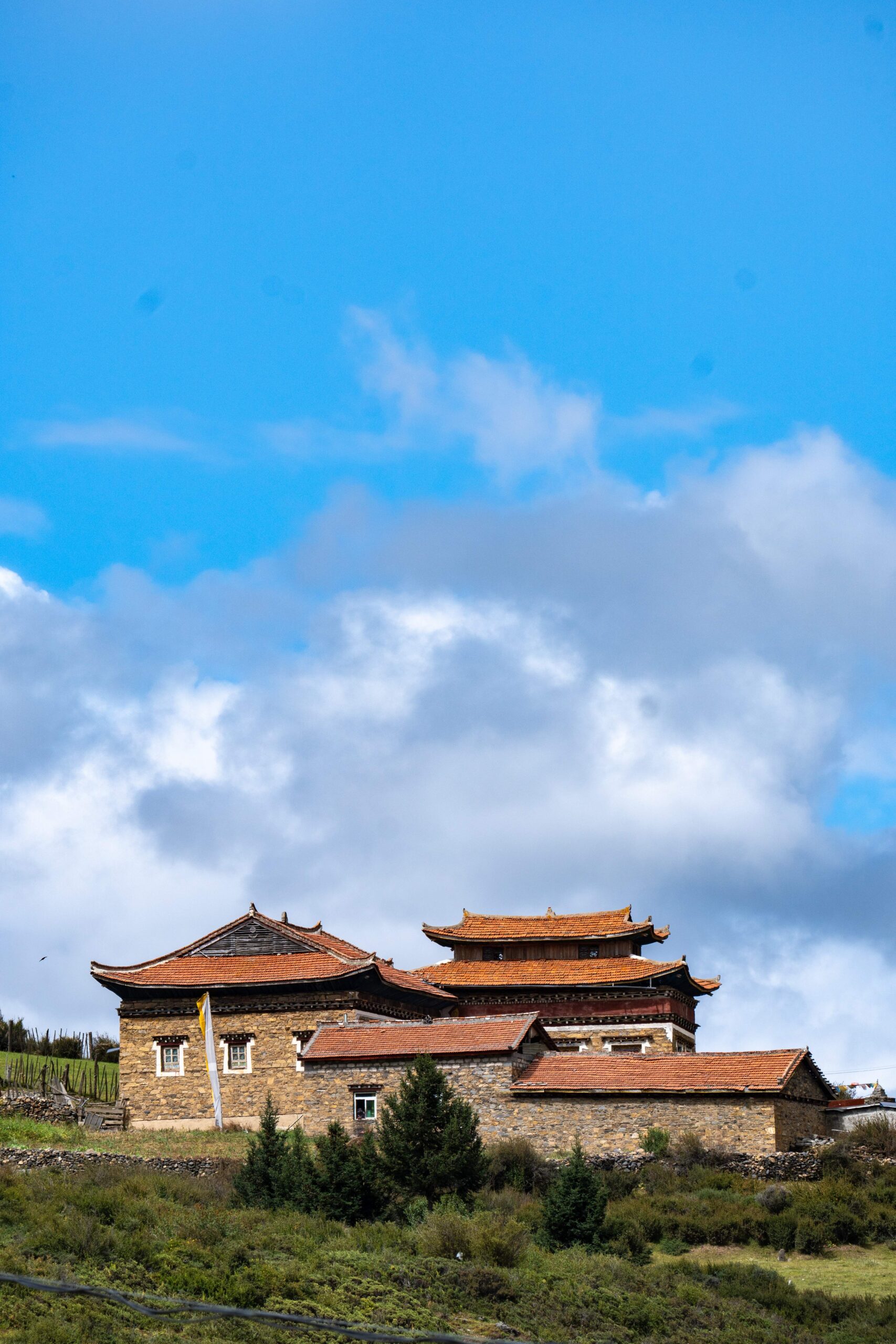
Explore the Real China.
Top Destination
Information